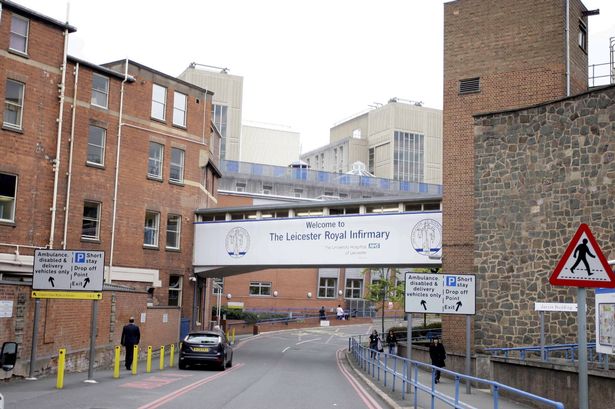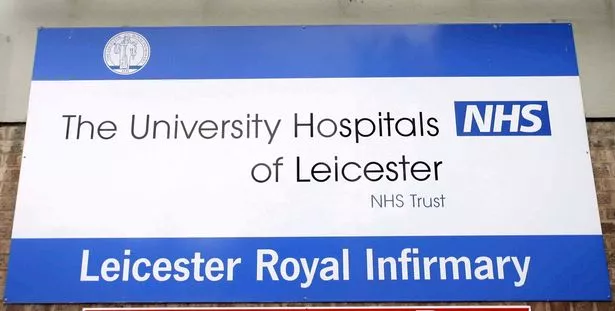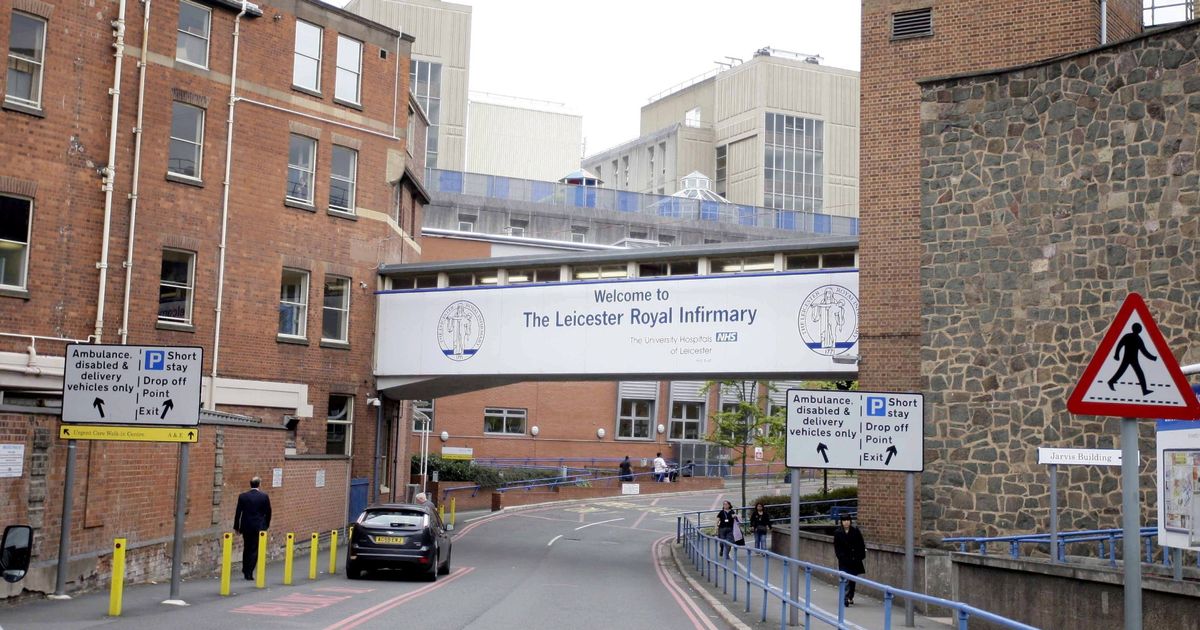Four-year-old Samar Raj Singh was one of at least 16 children who passed away during a nationwide outbreak of Strep A – which caused him to develop sepsis and collapse Samar Raj Singh, 4, tragically died after falling seriously ill in 2022 (file)(Image: SWNS)
Samar Raj Singh, 4, tragically died after falling seriously ill in 2022 (file)(Image: SWNS)
A previously healthy four-year-old boy died just three days after coming down with a cough which caused him to develop sepsis, an inquest has heard.
Samar Raj Singh fell seriously unwell in December 2022 and was taken to hospital three times in two days before he died. The youngster, from Leicester, was one of at least 16 children who passed away during a nationwide outbreak of Strep A.
Samar, a former pupil of Wakerley Primary School, was described as the “vibrant, cheeky” son of Parminder Singh and Gurmanjot Kaur, “who filled every room with his smile” and brought “joy, laughter and warmth to everyone around him”.
READ MORE: Man hospitalised with flesh-eating disease after he’s ‘stabbed with key’ on streetREAD MORE: Dad-of-four thought back pain was ‘getting old’ – eight weeks later he was dead Samar was initially rushed to Leicester Royal Infirmary (file)(Image: SWNS)
Samar was initially rushed to Leicester Royal Infirmary (file)(Image: SWNS)
His parents first kept him from school on Friday, December 9, after he developed a cough. Over the next two days, his temperature reached 40 degrees and he began suffering with stomach pain and vomiting.
By Sunday morning, they rushed him to Leicester Royal Infirmary’s children’s emergency department. Doctors diagnosed an upper respiratory tract infection and sent him home with advice to monitor his symptoms.
That night, with his fever still high, Samar’s mum brought him back to the hospital, voicing fears about scarlet fever and Strep A. But medics found no physical signs suggesting either illness, the inquest heard. The hospital was under extreme pressure, and with waits to see a doctor stretching beyond 10 hours, the family returned home at 10:53pm.
By Monday morning, December 12, Samar’s condition worsened. A rash spread across his body and became rough like sandpaper. His mum tried multiple times to reach their GP, but the surgery’s lines didn’t open until 8am, the inquest heard. Before then, callers heard a message telling them of the surgery opening hours and advising them to call 111, or in an emergency 999.
Samar’s mum went to the surgery in person and showed photographs of his rash to the receptionist. When nurse Louise Bowie saw Samar at 11.15am she was immediately concerned and called Dr Johal, who suspected sepsis and called 999 for an urgent ambulance.
The ambulance service was experiencing a very busy period and categorised Samar as a Category 2 case with a four-hour wait, the inquest was told. The call was later escalated to more urgent, but by then, Samar’s parents had decided to drive him to hospital themselves on the urging of Dr Johal.
 The family’s GP called 999 for an urgent ambulance (stock)(Image: Getty Images/iStockphoto)
The family’s GP called 999 for an urgent ambulance (stock)(Image: Getty Images/iStockphoto)
They arrived at Leicester Royal Infirmary at 12.03pm and Samar was quickly assessed with a paediatric observation score of 8. He was moved to a high dependency bay within the emergency department and within 13 minutes was assessed by a children’s registrar, the inquest was told.
A chest X-ray showed Samar had abnormalities in the right and middle lobes of his lung, along with a large collection of fluid on the right side of the chest, which was diagnosed as empyema. While referrals were being made to obtain a paediatric surgeon to drain the fluid, the youngster collapsed and cardiac resuscitation was started. Seventeen clinicians worked on Samar to try and resuscitate him for 45 minutes but he could not be saved, Leicestershire Live reports.
It was accepted that despite Samar weighing 26kg, drugs calculated for a weight of 18kg were given to him during the resuscitation. The treating doctors and Dr Fitzsimmons said this had no effect on the outcome as Samar had been given so many drugs to try and resuscitate him that this was not relevant. The four-year-old was declared dead at 3.55pm on Monday, December 12, 2022, at Leicester Royal Infirmary.
Dr Fitzsimmons, an independent expert witness, concluded there were no breaches of duty in the standard of care provided to Samar on his two admissions on Sunday, December 11 and none on his admission on December 12. The inquest heard that Samar’s FeverPAIN score was 2 at his first hospital attendance, and the threshold for giving antibiotics had been lowered to 3 during the increase in Strep A infections, the coroner was told.
Based on that score and Samar’s clinical presentation, antibiotics were not indicated at his earlier hospital attendances. If antibiotics had been given on the morning of December 12, they would not have been in his system long enough to affect the outcome, the inquest heard. A jury at the inquest, held between Monday, September 29 and Thursday, October 2, officially concluded Samar died from natural causes with the cause of death recorded as sepsis due to invasive group A streptococcal infection.
According to the NHS, symptoms of sepsis in a baby or young child can include blue, grey, pale or blotchy skin, difficulty breathing or being sleepier than normal. Strep A infections are more common in children than adults, and most infections can be treated with antibiotics. The infection can rarely cause serious problems, known as invasive group A strep.
At least 16 children in the UK died from invasive Strep A in 2022.

